How We Kill Creative Genius 🤲 And How to Stop Doing It
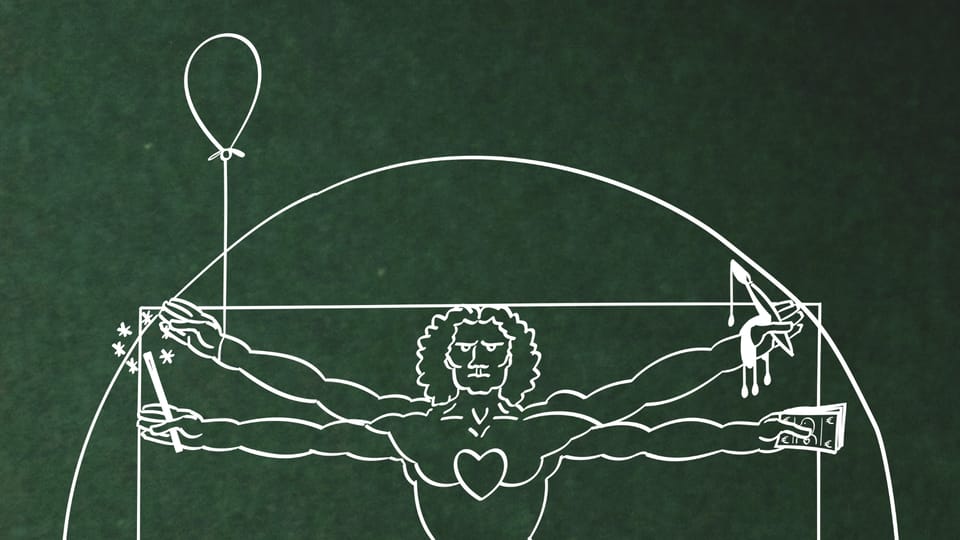
In a previous blog post, I shared six books that inspire me to let go of power over stories and instead co-create power with stories. As a follow-up, here’s a video explaining how we lose one of our most vital capacities—and why it’s never really gone.
But first...

A good (and bad) word about competition
I believe we all long to flourish. If given the freedom, we love stepping outside of trodden zones, nudging ourselves and each other beyond what we think we’re capable of—even when the nudging frightens us. Transcending (self-)imposed limits, alone or together, is an intensely beautiful and empowering experience.
But at other people’s expense? At our own expense? And ultimately—because that’s the inevitable finale of a never enough economy—at the expense of everything and everyone?
I don’t see how that makes us truly intelligent or prosperous.
Yet this is what competition creates: a game that sorts people into so-called winners and losers through rewards and punishment—two sides of the same coin, killing our genius and innate drive for discovery.
And this statement is backed by solid findings.

Many of us go from hero to near-zero…
through the simple act of growing up.
In the 1960s, researchers developed a simple test for the US space agency NASA to identify its most innovative engineers and scientists. The test measured ‘divergent thinking’: the ability to generate multiple, novel ideas or solutions to a given problem. It worked well for its aim, yet didn’t answer a more profound question: Where does creative genius come from? Is it something we’re born with, or is it a skill we learn?
Since it was a simple test, the researchers decided to apply it to a group of 1,600 children aged four to five. Ninety-eight per cent of these children scored at the creative genius level.
Five years later, the test was repeated on the same group of children, now aged nine to ten. This time, only thirty per cent scored at the creative genius level.
At age fifteen, the children were tested again; this time, the number had dropped to twelve per cent.
According to George Land, one of the researchers, this is where the study ended, ‘because so many people got depressed. Most of the testing was done by teachers, and they didn’t want to do it again.’
Follow-up studies had more than one million adults tested. Among them, a staggering two per cent came out as creative geniuses.

How the #$^! does this happen?
Because we educate children to fight not only each other, but also themselves.
We cannot come up with brilliant ideas when we immediately criticise, judge and censor ideas as they arise in us. This is so logical, it should go without saying. But because so much of our education and communication criticises, judges and censors the moment we dare to open our mouths, we learn to marry the unmarriable: our creative impulses and inner critics.
Add fear to the mix—fear of punishment for the ‘wrong’ answer or conditional praise for the ‘right’ one—and we get a perfect recipe for the dumbing down of our species..
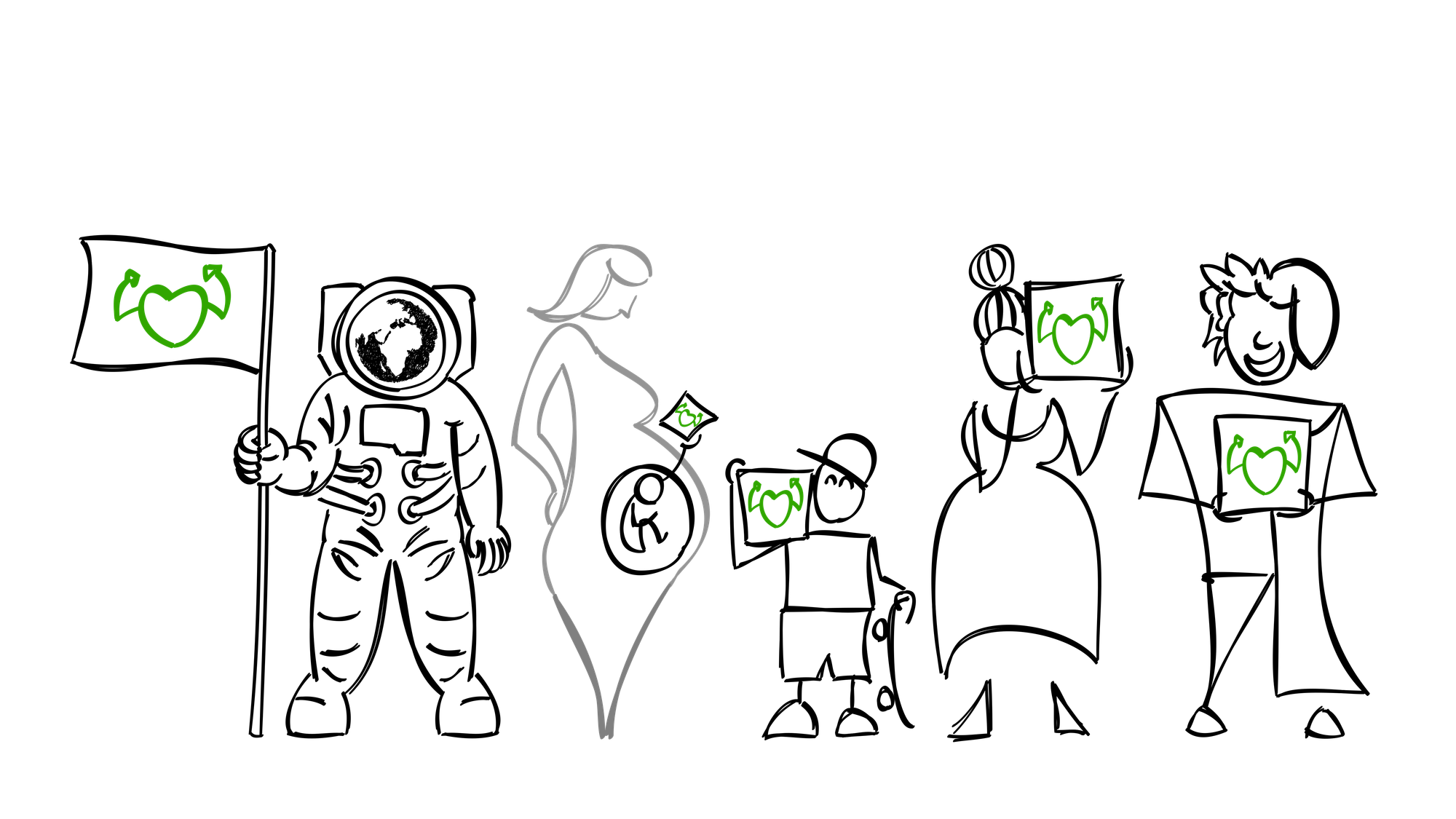
And here’s the good news
The creatively genius part of us—the five-year-old within—never dies.
We never lose the power to dream about the so-called impossible, become enthusiastic about what we see, and start selecting the best from all of our ideas when it’s time to become tactical.
And the key to unlocking it again? Stop chasing the ‘right’ answers, stop rewarding predictability, and stop trying to replicate what may have once worked.
Lock imagination up and we’ll all pay the price; give imagination space and we’ll be showered with limitless possibilities. And that’s precisely what the business of co-creating a New Earth needs: limitless possibilities.
Here’s George’s funny, sobering and hope-giving talk on creative genius, including an exercise you can start with right away:
» Find out more, freely read the fully illustrated version, access the audiobook chapters and find the Dutch-language book here.
» Learn about the core premise and conclusions of the no-economics-class chapter in this post on this platform.
» Want more posts from the Bookturbo collection? Click here.
💡 Missed the other posts in this 3-part series? Here they are:
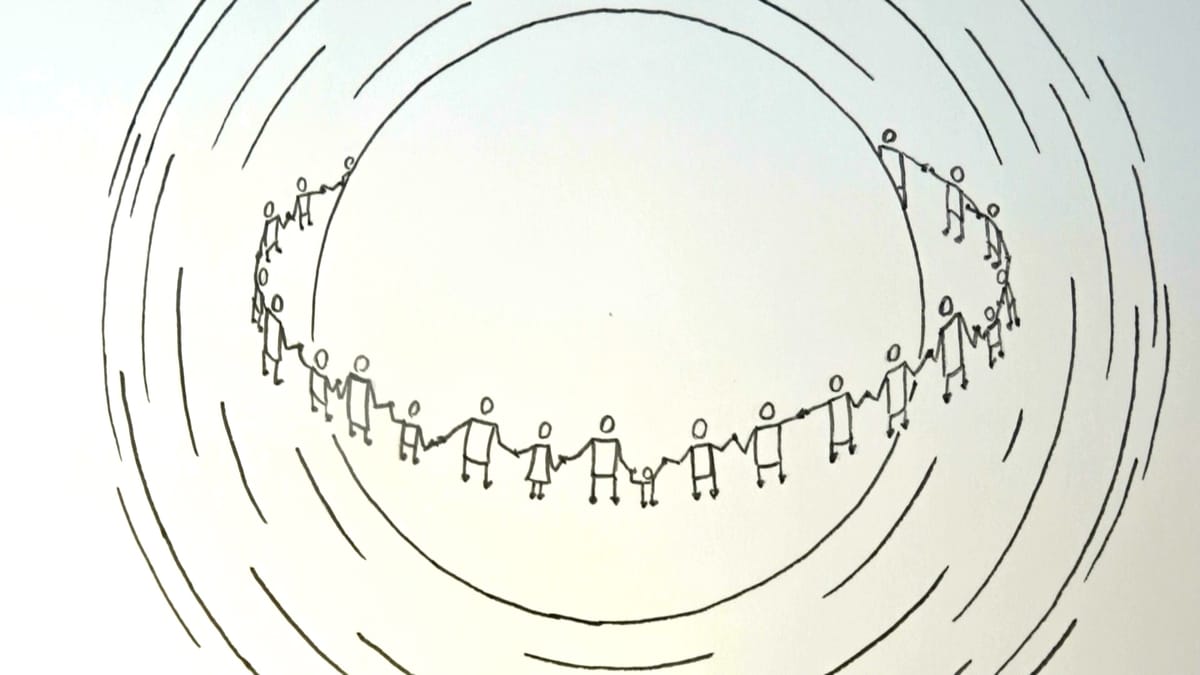
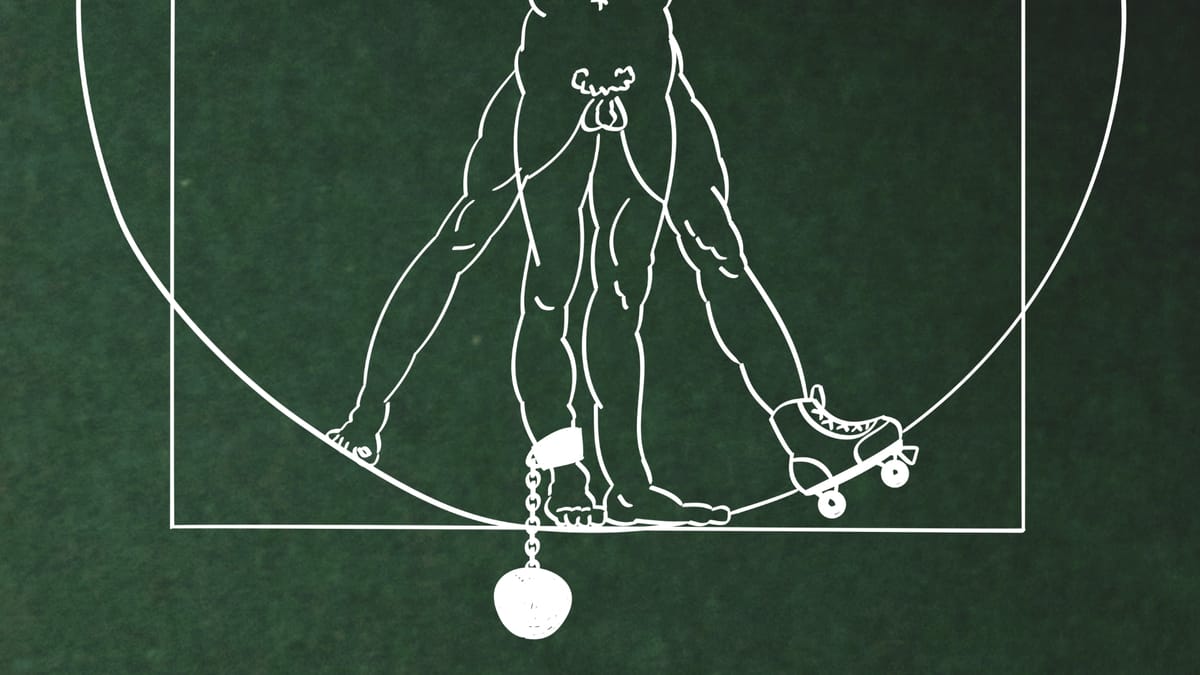

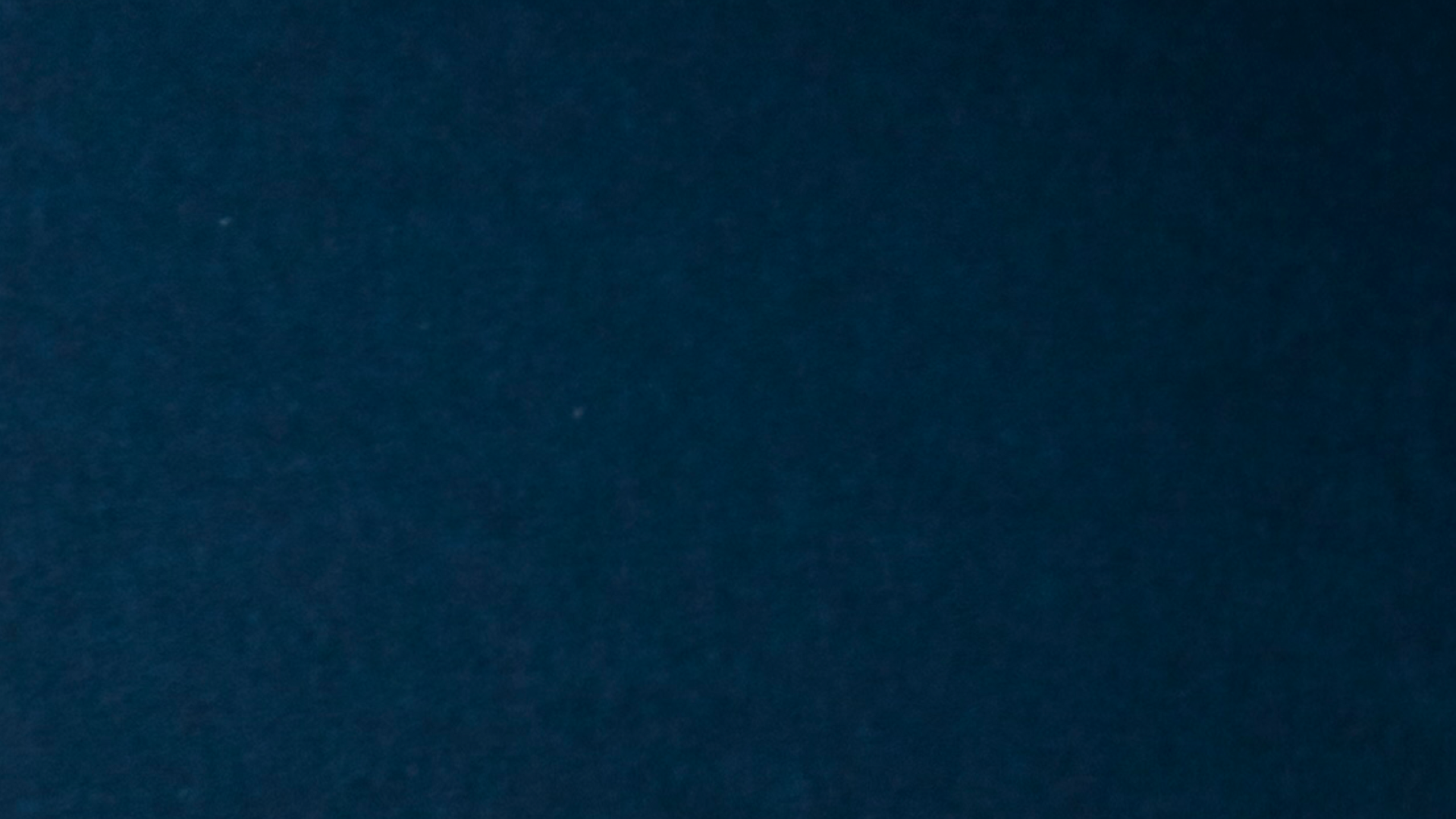


Member discussion